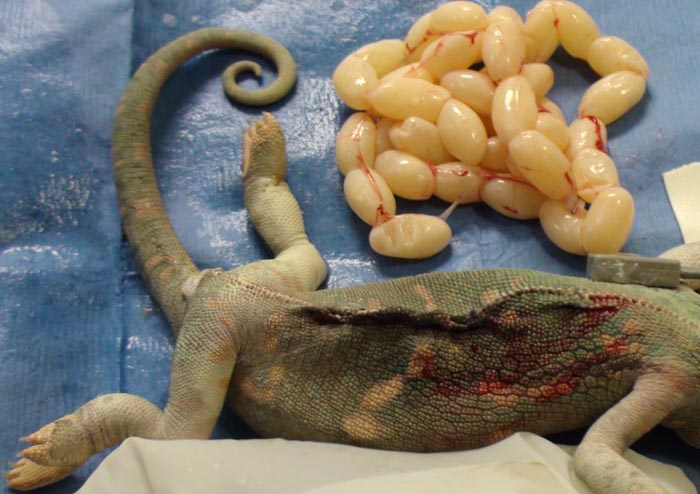According to the Human Society, February 27th is officially World Spay Day. (Check out more about the campaign and ways you can help HERE.)
For example, female rabbits have a high risk of uterine cancer if not spayed. Some male exotic pets get along better when neutered. Even reptiles can benefit: many female chameleons and bearded dragons suffer from reproductive disease which can be deadly. Spayed guinea pigs are free from debilitating ovarian cysts which are common as they age.
While spaying and neutering exotics is now considered routine, there is always some risk.
Here is what we do to keep stress and surgical risk as low as possible:
-Part of the pre-surgical medication includes drugs to reduce fear and anxiety
-We offer preanesthetic blood work to check for signs of infection, anemia, and to check organ function
-When practical, we place an IV (or IO) catheter to give fluids during surgery, and allow quick administration of emergency drugs, in rare cases where CPR is necessary.
-Every patient receives at least 3 kinds of medication for discomfort, including a local block of the surgical site. Many take additional medication home in case it's needed.
-We focus on surgical approaches that reduce post-op pain and speed recovery, for example, a flank or side approach for spay instead of a larger abdominal incision.
-Our team includes a dedicated recovery nurse monitoring the patient immediately after surgery, up until the patient is ready to go home
-We encourage patients to bring some of the comforts of home along, including familiar bedding, toys and treats-in some cases, a bonded cage mate can come along, too!




